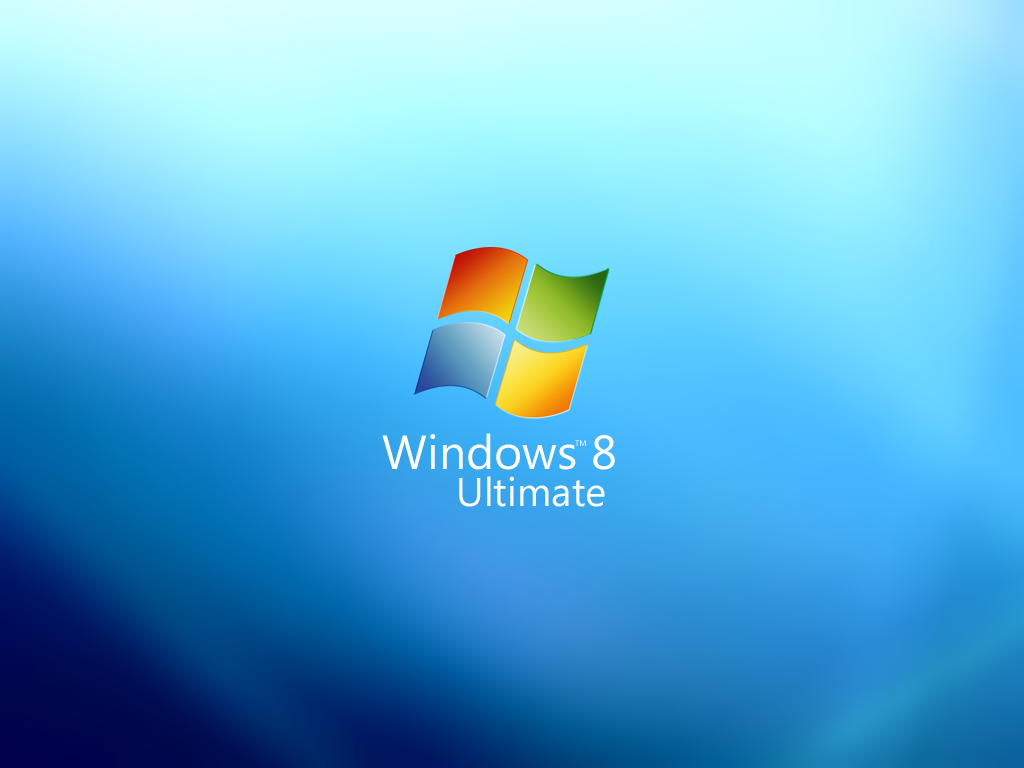
7 cents an hour and $5 a month for a virtual private server is such amazingly good value that there’s nothing else to say about it. It starts at 7 cents an hour for 1GB RAM, a single-core processor, 25GB SSD, and 1TB of transfer.ĭigitalOcean lets you start super cheap and super small, but with droplets that use KVM as a hypervisor, you can scale those parameters, even if the size of your operation is in the enterprise class. The straightforward easy-to-understand pricing still has a lot going for it. Competition may have diminished it somewhat, but you can still get some good deals at certain points on the price list. Their take on how they have achieved this meteoric rise is that they have focused on developers, but their cheap and simple progressive pricing structure probably had a hand in it too.ĭigitalOcean vs Amazon EC2 or Google Cloud vs DigitalOcean would be a David versus Goliath battle in either case (actually more like David versus Goliath’s big brother) but the little guy’s approach to pricing was probably the key to DigitalOcean’s early advantage. So far, their investments have paid off well, with a run of revenue amounting to $250 million. DigitalOcean has poured this ocean of capital into expanding its cloud services and building data centers in worldwide locations including Toronto, Singapore, San Francisco, and New York. Not so long ago, DigitalOcean was seen as the feisty new kid on the block, but now it’s a serious contender thanks to almost a dozen rounds of investment that have put $305 million at its disposal. What do these companies have to offer and how do they stack up against each other? DigitalOcean DigitalOcean vs Amazon EC2, Google Cloud vs Linode, and Google Cloud vs DigitalOcean.
Windows 8 themes free download full version 2013 hd install#
Installing an operating system is something that happens automatically in just moments with the cloud, and it’s easy to install particular software too, as most cloud service operators offer comprehensive documentation tailored to your OS. The rest of the time all that expensive gear would sit idle! And if this was a regular thing, you would have to buy enough processing power and disc space to handle something that you knew only came along once a year. For example, if your e-commerce site experiences a massive traffic spike during Black Friday but then settles down to more modest levels for the rest of the year, the cloud can accommodate your business needs in a way that in-house hardware couldn’t. Hosting your website closer to your customers, even if they’re 10 time zones away means that they get the same quick, responsive service from your website that they would if they lived next door.Īlso, with the cloud comes flexibility, so you can save money as a business by only paying for what you need when you need it. With cloud hosting, the burden of assessing, purchasing, and maintaining the latest tech falls to the provider, which is one less headache for a business that just wants to get on with the business of doing business!Īnother of the cloud’s benefits is that enterprise-level providers have data centers dotted around the world. You could invest tens of thousands in enterprise-level equipment only to find that it had already drifted into obsolescence before your supplier had even sent you the receipt, and it isn’t very flexible either.


.jpg)
Speaking of redundancy, the pace of change is so fast these days that buying all of your hardware and software makes less and less financial sense.

Giant server farms can offer dedicated resources for companies of almost any size, with virtually zero downtime, ironclad security, always-available backups, and built-in redundancy. Sounds great, but putting all of your company eggs in one basket can be dangerous.Ĭloud hosting put paid to all the inconvenience of on-site hosting. So, what exactly is the cloud anyway?Įveryone’s talking about it, but what’s all the fuss about? Well, it used to be that companies liked the control of hosting their intranets and public websites in-house, but that meant buying all of the expensive server hardware and paying someone to manage and maintain it. Huge companies struggling for control of a real estate market that is entirely virtual, but no less lucrative for it. DigitalOcean vs Amazon EC2, Google Cloud vs Linode, Google Cloud vs DigitalOcean: these are the matchups of our times in an era-defining battle.


 0 kommentar(er)
0 kommentar(er)
